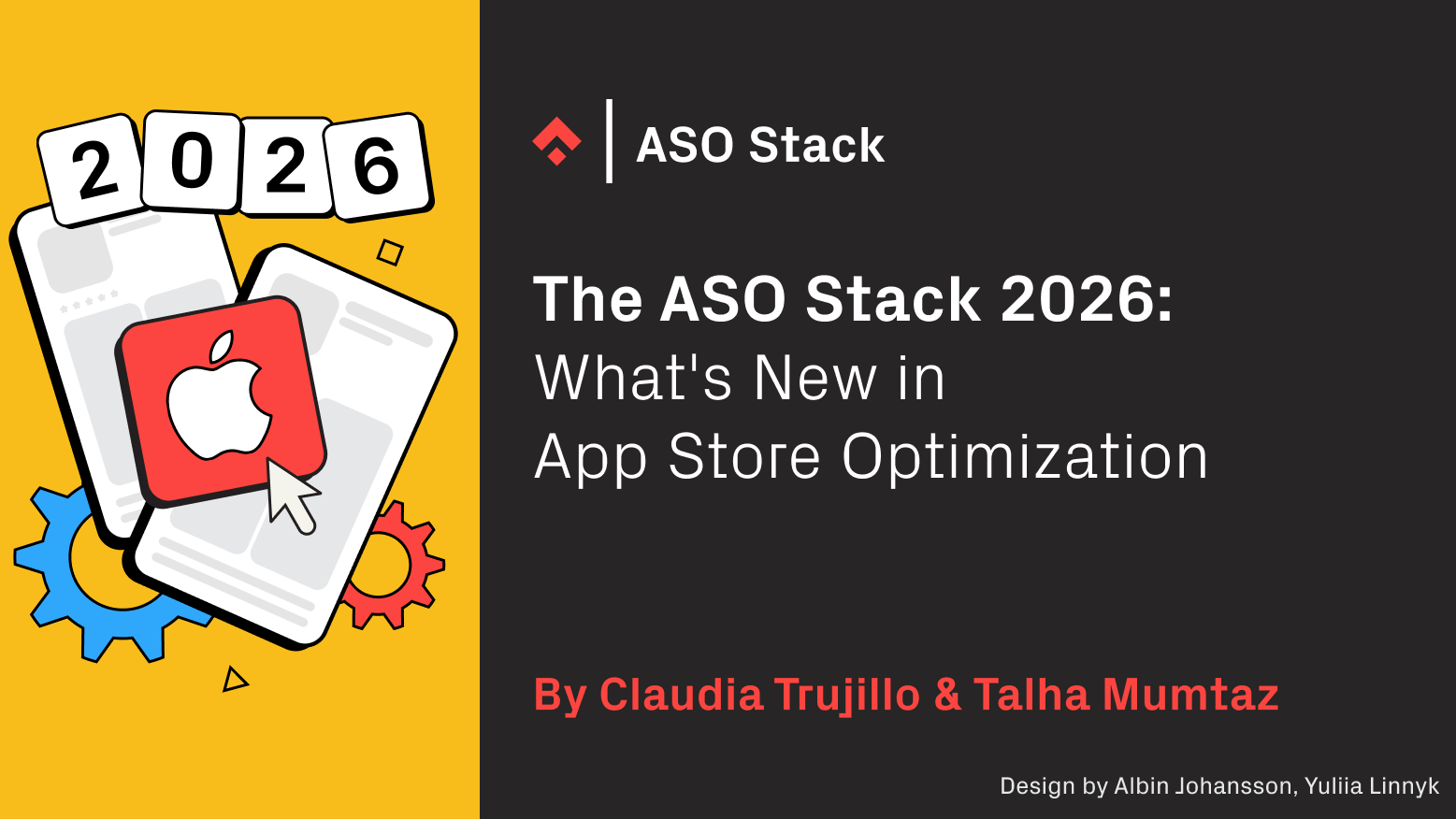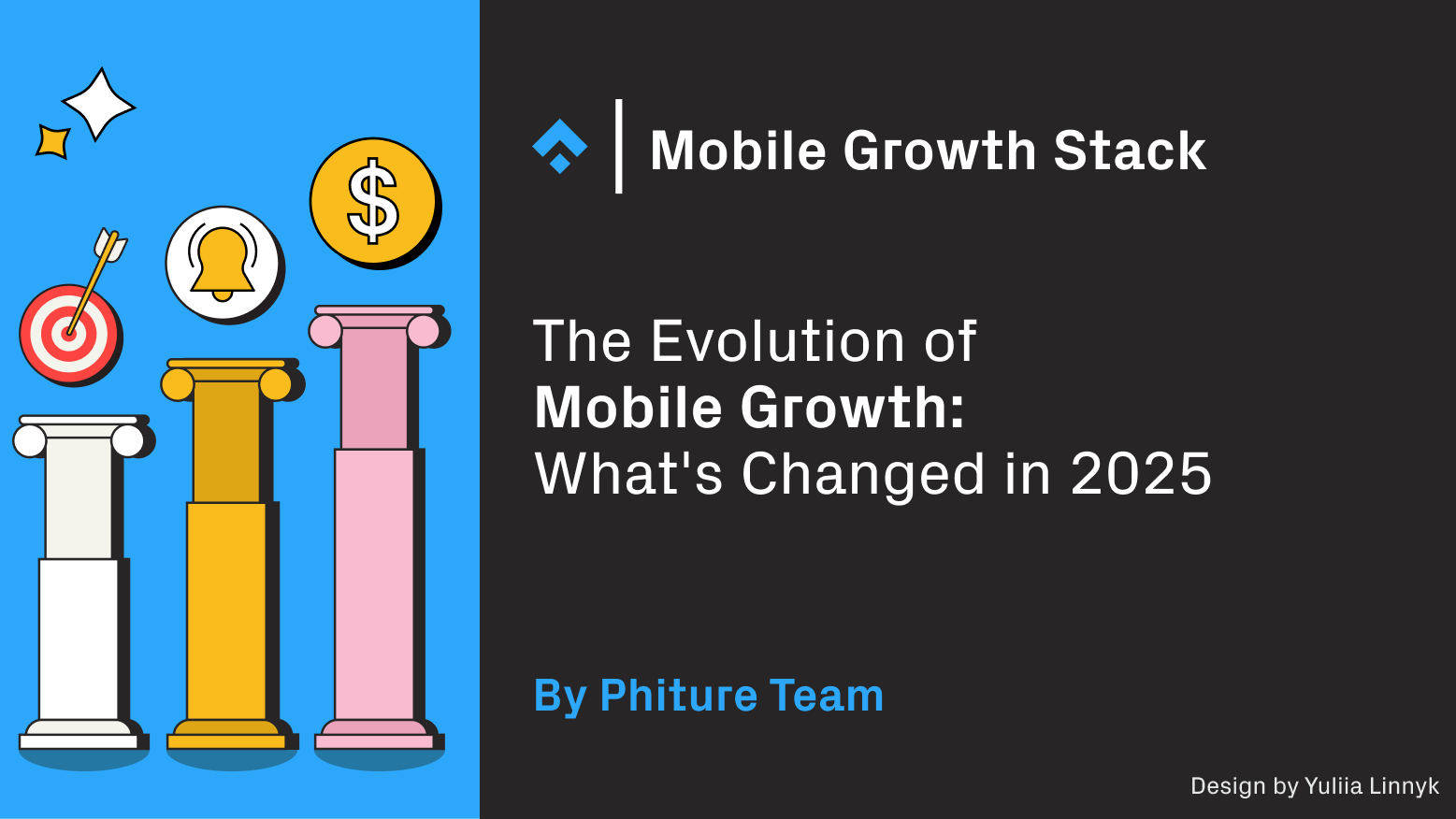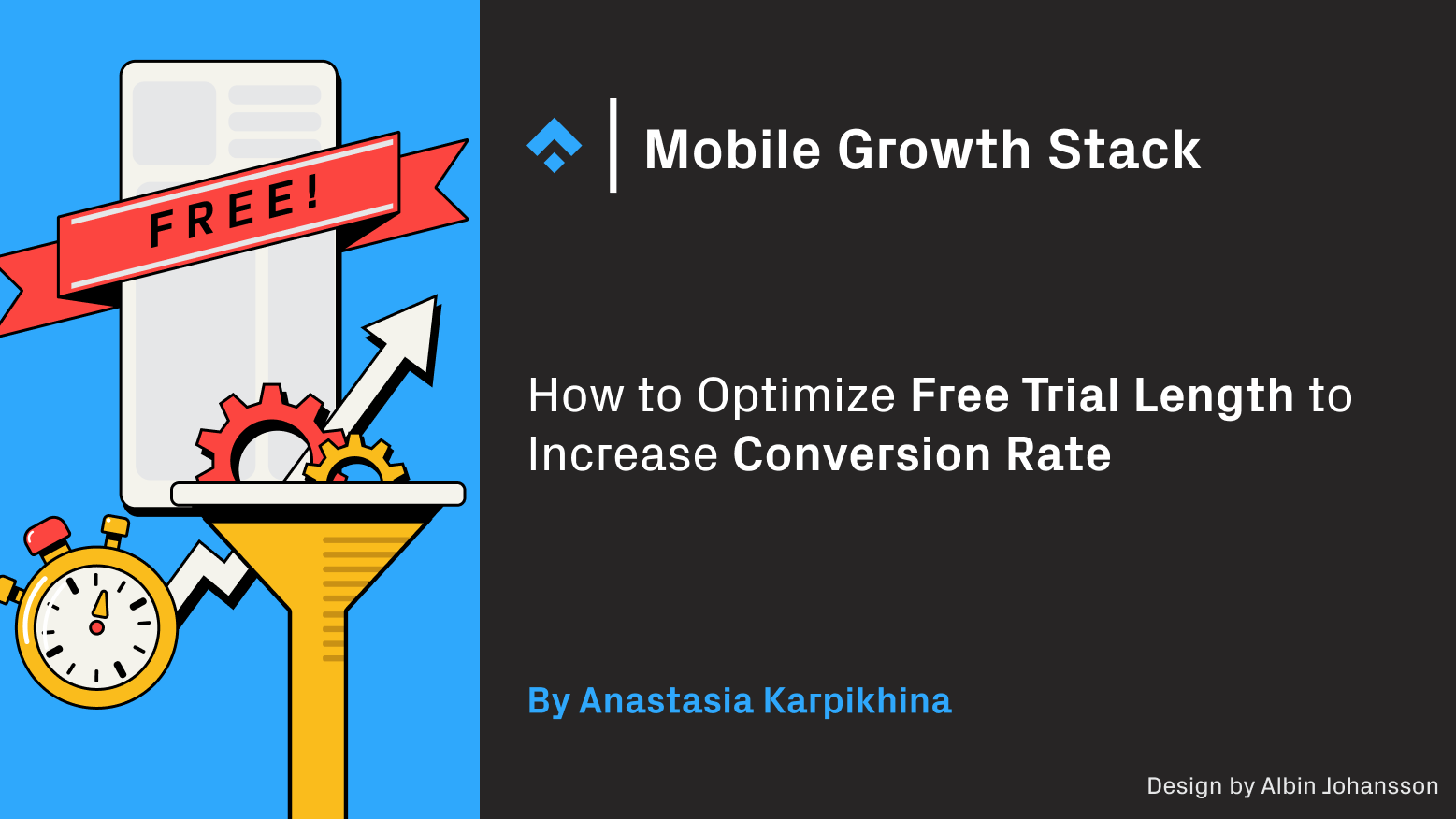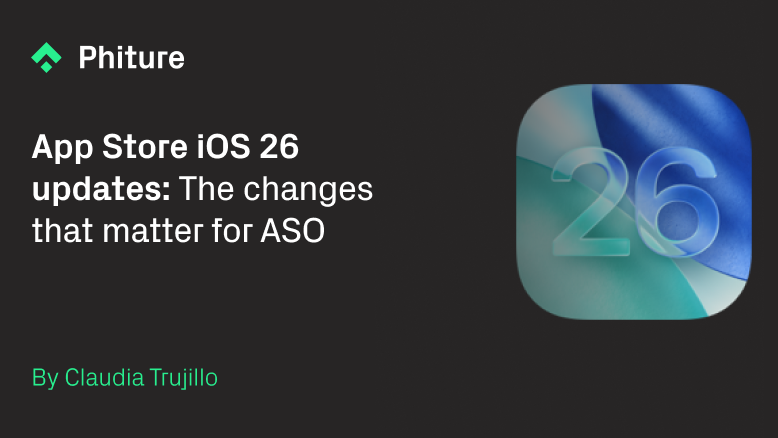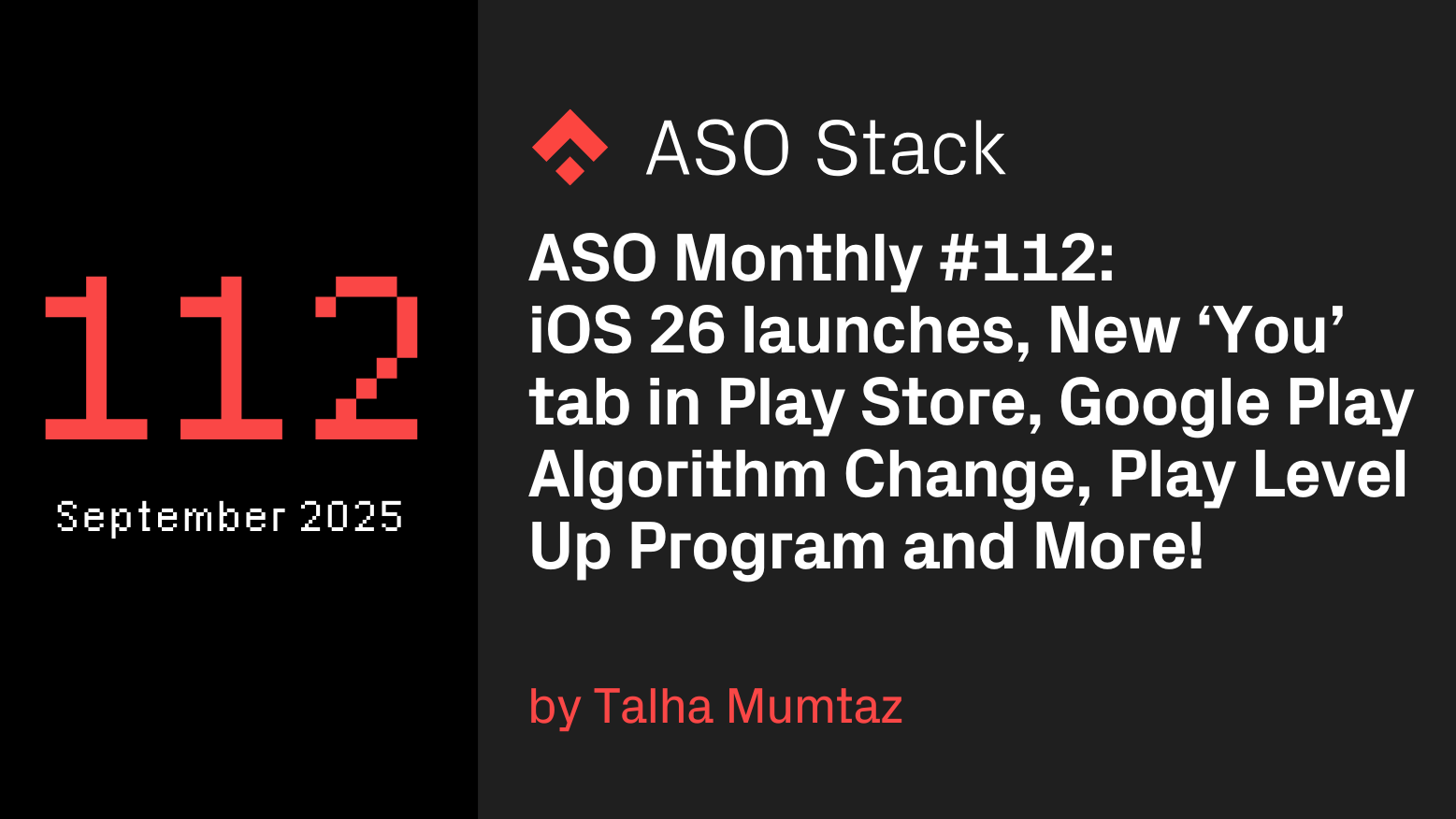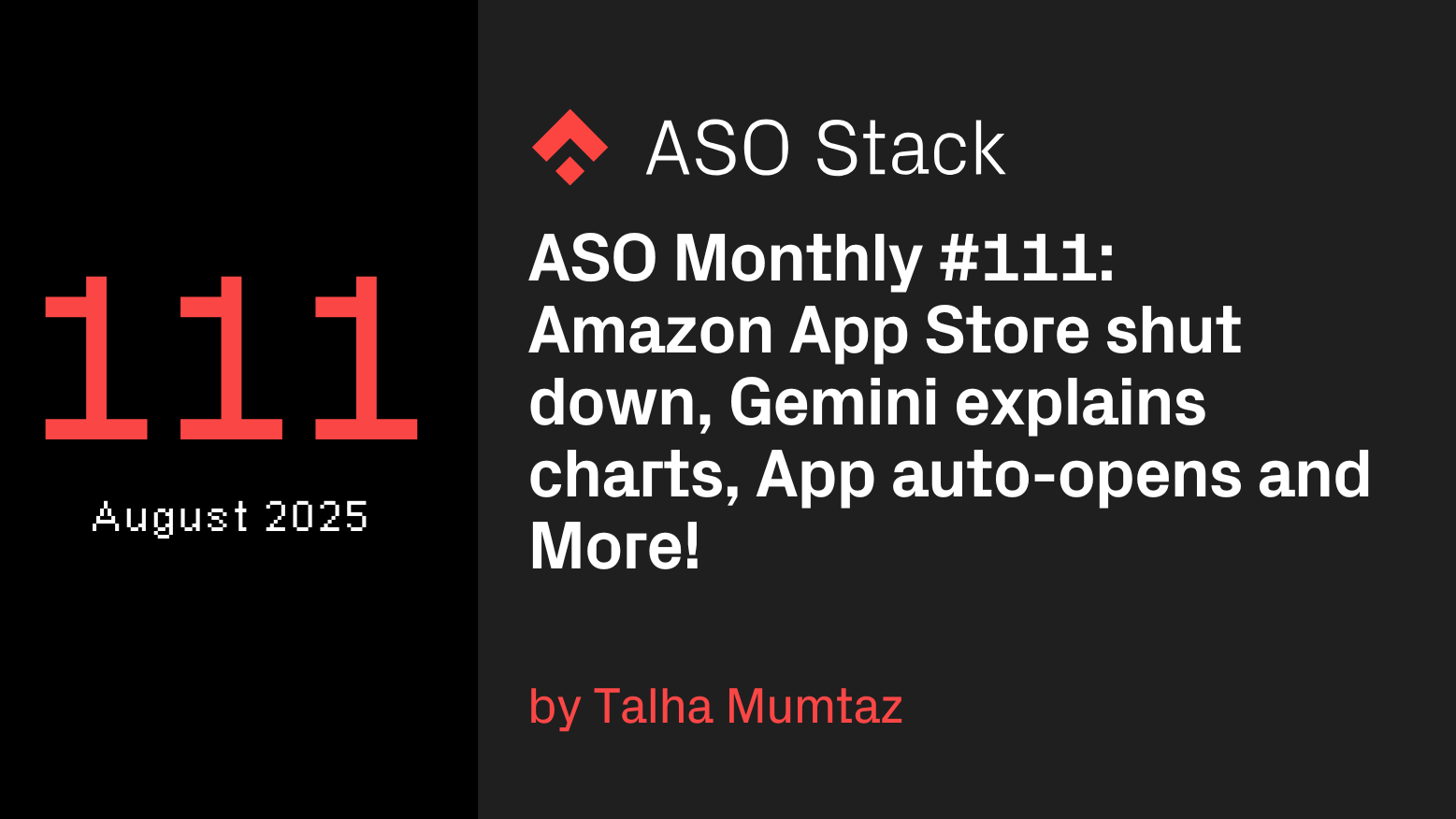HR: Then and now
HR departments have journeyed some distance since the old hire and fire personnel days. Not long ago — and arguably even now — HR was often perceived as the necessary bureaucratic branch of a company. Paper-pushing admin and legal compliance was the name of the game, and the only real interaction with employees came when there was a problem with someone’s pay or cuts were being made.
Fast forward to today and HR has evolved to become one of the key drivers of a successful business. So many of the tasks that used to be handled by administrative staff have become automated, which has allowed HR to become a people-centric enterprise focusing on recruiting the best talent, upskilling staff, ensuring strong company culture, and supporting business strategy — all of which contributes heavily to the bottom line. And with companies around the world still gripped by the Covid pandemic, HR’s role in the modern workplace continues to grow.
Through the pandemic
Slowly but surely, the new normal is starting to just feel, well, normal. Memories of Friday afternoon beers in the office, company lunches, and offsite events almost feel like remnants of a hazy dream. Working and living in the same place all day every day (for those fortunate enough to have the option) has made the buzz and energy of the office environment almost impossible to remember. And for families trying to balance childcare and work-life — not to mention employees disconnected from loved ones overseas — keeping it together can be a daily struggle.
Now more than ever, the role that HR departments play in steering businesses in the right direction is crucial. An agile, forward-thinking HR strategy that focuses on people and what makes them tick while being sensitive to the needs of the times can make for a smooth, comfortable onboarding for a new hire or a confusing first few weeks on the job. It can lead to heightened company cohesion or a disparate group of professionals working paycheque to paycheque. It can be the difference between someone quitting under the weight of strained mental health or sticking around because they feel valued by their employer.
Small gestures like giving employees a monthly allowance so they can spruce up their home office setup and supplying monitors and office chairs can go some way to help make working from home as comfortable as possible. But when it comes to looking after mental health and helping staff stay motivated and engaged, more creative measures like creating time slots for employees to discuss their thoughts and feelings or seeking guidance from professionals can make a big impact.
I recently caught up (virtually) with the HR team at Phiture to get a feel for how their roles have changed over the course of the pandemic and what they’re doing to help the company succeed through testing times.
How have you noticed your role in HR change over the last 12 or so months?
It’s become increasingly apparent that employees are searching for ways to create a more flexible work-life balance. Even before the pandemic, we noticed it was becoming a real buzzword. In years gone by, what people expected from HR was the bread and butter payment of salaries and making sure the office was run smoothly — extra benefits like ensuring a good work-life balance were seen as extras on top. Now it’s turned on its head: creating a good work-life balance and taking care of employees’ wellbeing has become more fundamental and the more routine tasks are mostly automated.

What’s it been like transitioning the company to remote work?
Even though it’s been almost a year that we’ve been working under these conditions, we’re still very much in the learning phase. Even after collaborating with other HR departments, we’ve realized that there aren’t any best practices that define what a remote working environment should look like; it varies from company to company, from person to person, so we pay close attention to the team’s feedback and keep thinking of different strategies to make it as comfortable as possible.
How have you been able to get a sense of how the Phiture team is responding to the new normal?
Internal surveys followed up by regular one-on-ones have allowed us to get a feel for the overall mood in the company as well as understand individual needs. Based on this, we’ve been able to formulate communication strategies with team leads and set up regular HR check-ins so we can see how people are coping.

What kind of initiatives have you introduced to help support the team through the pandemic?
It’s important that we help everyone at the company learn how to adapt. For example, sharing helpful resources that teach people how to set up their workspace at home to create a healthy, productive environment; learning how to establish healthy routines so that they take regular breaks and create some separation to avoid overworking, and arranging mental health workshops with external mentors to help look after people’s wellbeing.
We’ve had to become a lot more creative when it comes to organizing team events, and we assign special time slots every week dedicated to small talk among the team. It’s important to keep everyone connected and encourage casual conversation and team building, which is especially important as we’re still growing, and we want all our new hires to be properly and made comfortable across the company.

How have you managed to tackle up staffing in a remote environment?
We’ve grown substantially in the last 12 months from a team of 35 to 75 — and counting. We switched to a completely paperless office before the pandemic and we use automated, digital tools that remove a lot of the manual work that used to define the responsibilities of HR. This has made upscaling a lot easier and we’ve received lots of positive feedback from new hires about how much they’ve enjoyed their first days at the company. All our new recruits receive a welcome box with responsibly sourced, Phiture-branded gear — a nice touch that immediately makes them feel part of the team.
What are some of the changes brought about by Covid that you think will become permanent features in the workplace once the pandemic is over?
The biggest challenge we foresee is how we’ll manage remote work and office work once the pandemic is over. We want to avoid a situation where people working from home and people coming to the office are siloed when we reopen. People will of course be free to work wherever they feel most comfortable but we also want to maintain the same cohesion that we enjoyed before the pandemic, so it will be up to us to create a new hybrid culture that leaves no one behind but keeps us all close together.
Looking ahead
At a time where employee wellbeing is a key focus, HR teams’ innate passion for people is perhaps more apparent now than it ever has been. As talent managers, strategy drivers, and culture keepers, HR teams today form the very backbone of organizations everywhere — and the senior company leaders that understand their importance and invest in their value see the benefits in their staff and their profits. If your HR team still operates as a faceless department focused on heavy admin lifting and detached from the everyday needs of employees, now’s the time to rethink your company vision and let the people experts drive employee happiness.
Table of Contents




